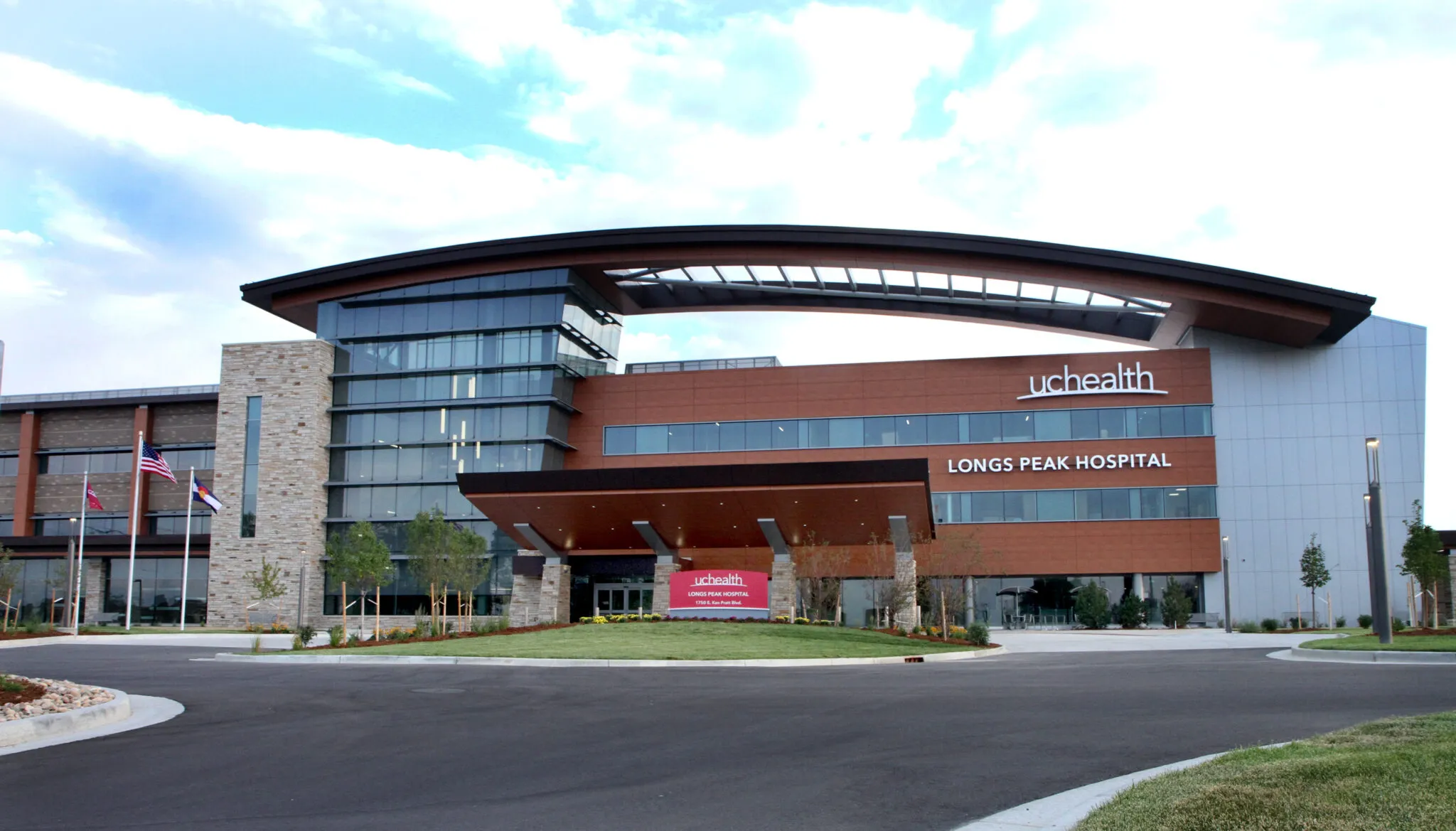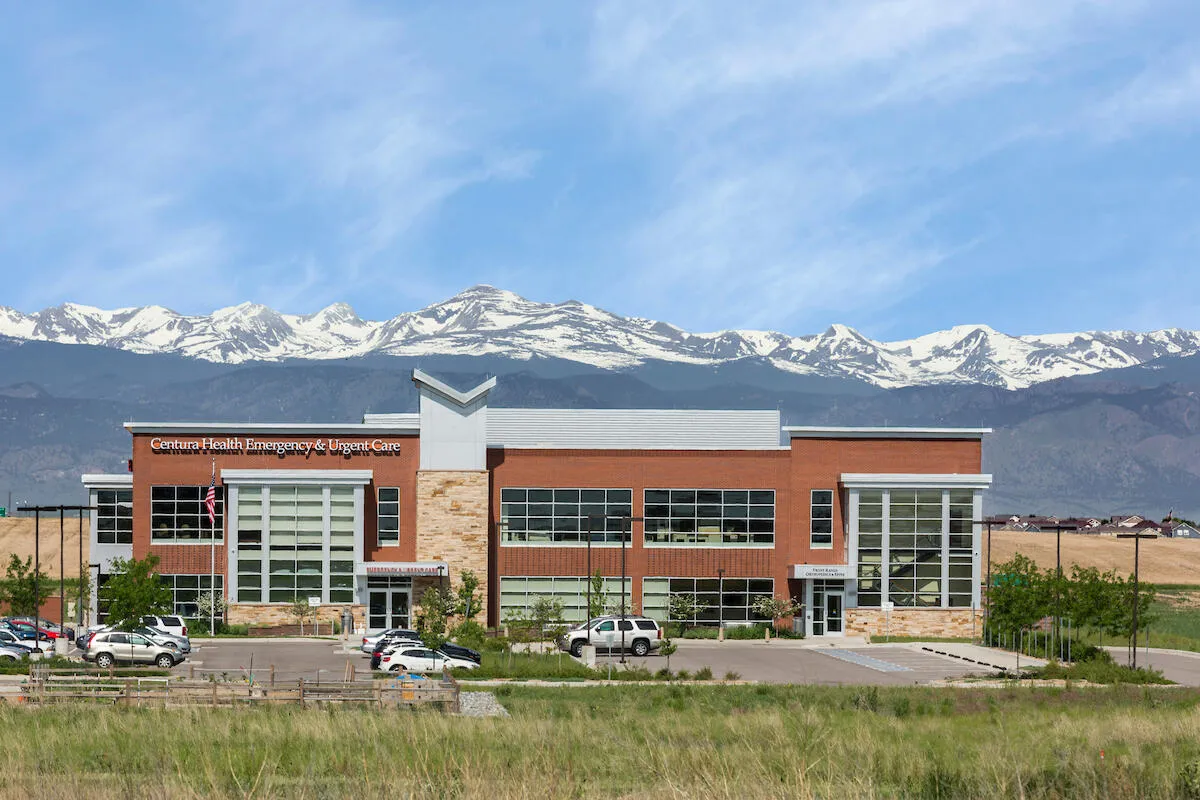Patient care assistants extend reach of nurses in hospitals

LONGMONT — It’s a strategy that may not have been borne out of the pandemic, but treating COVID-19 patients certainly accelerated the use of patient care assistants in hospitals.
Patient care assistants — hospital-trained, front-line care providers — help to extend the reach of registered nurses and help to fill gaps in the availability of certified nursing assistants, or CNAs.
PCA programs also provide an entry point for people interested in health care. Participants earn a salary while undergoing training.
Marcelo Fernandez, a PCA at UCHealth Long’s Peak Hospital in Longmont, is one such beneficiary of the training program, who in turn provides…
THIS ARTICLE IS FOR SUBSCRIBERS ONLY
Continue reading for less than $3 per week!
Get a month of award-winning local business news, trends and insights
Access award-winning content today!





